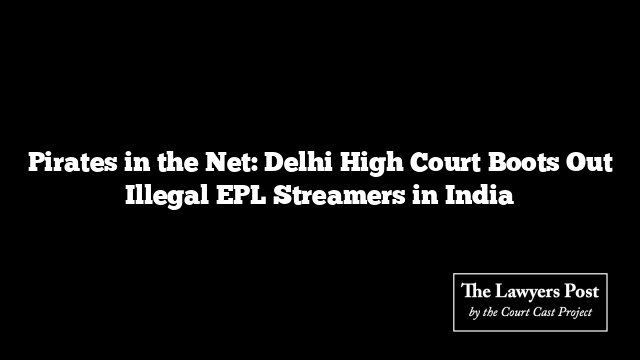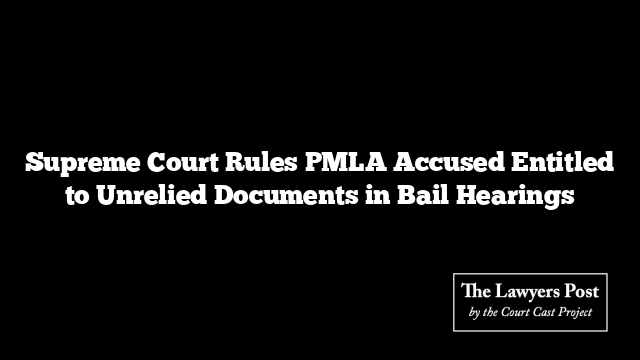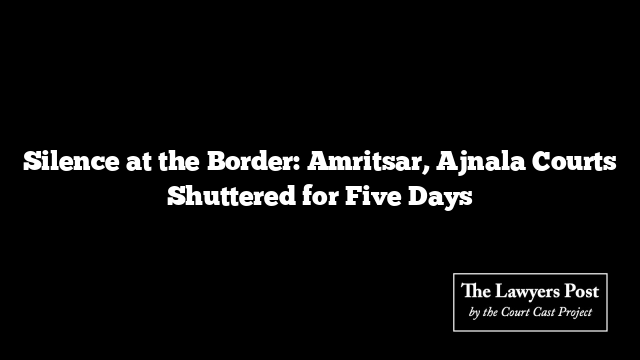The Premier League isn’t just contested on turf anymore — it’s now being fought in courtrooms, with Delhi High Court emerging as the latest pitch.
On May 7, in a swift strike, Justice Saurabh Banerjee handed Football Association Premier League Limited (FAPL) a decisive early victory, issuing an ex parte ad interim injunction against a swarm of unauthorized apps and websites that were illegally streaming matches across India. Targets included digital shadow players like Yoghurt TV, Venus 11, and Nova IPTV — names familiar to fans chasing free streams, and to broadcasters chasing headaches.
At the heart of the legal offensive? A clear assertion of exclusive rights. Star India holds the sole broadcast license for Premier League games in India, and FAPL wasn’t interested in playing second fiddle to pirate streams that were reportedly running rampant through April. Multiple takedown requests were met with silence — a silence that spoke volumes in court.
What followed was a legal blitz.
The court’s playbook included:
- Over 30 domains grounded: Registrars like GoDaddy, NameSilo, and Hostinger were ordered to block and suspend dozens of domains — think novaiptv.org, ky-iptv.com, and googleserver.top — within 72 hours.
- Names behind the masks unmasked: Registrars must now spill the KYC, phone numbers, and emails behind the domains. No more cloak-and-dagger anonymity.
- Nationwide blackout enforced: Indian ISPs were ordered to block public access to all the infringing platforms.
- Government brought into the game: The Department of Telecom and MeitY were roped in to guarantee compliance from all registered service providers.
- ‘John Doe’ defense activated: To guard against nameless, faceless future infringers, a John Doe (or Ashok Kumar) order was put in place — essentially a legal net for offenders not yet on the radar.
- Dynamic+ shield raised: In a move to future-proof the injunction, the Court granted a rare ‘dynamic+’ order. This allows FAPL to flag new pirate sites (including mirror or lookalike domains) to ISPs or registrars for immediate takedown — no need to return to court every time a new variant appears.
Justice Banerjee didn’t mince words in calling out the calculated concealment tactics of the digital offenders: “Masked players… use the veil of today’s technology to conveniently conceal their true identities and unabashedly abuse and enrich themselves,” he observed. The Court acknowledged the technological sophistication at play — and met it with equally adaptive legal firepower.
FAPL’s case was clear: without immediate action, the league’s broadcasting value — and its legal rights — would suffer irreparable damage. The court agreed. In this high-stakes clash between legitimate ownership and digital freebooters, the balance of convenience tipped heavily in favor of the plaintiff.
With the Premier League season in full swing and pirates prowling the web, the ruling draws a hard line — one where technology may evolve, but the law intends to keep pace.





